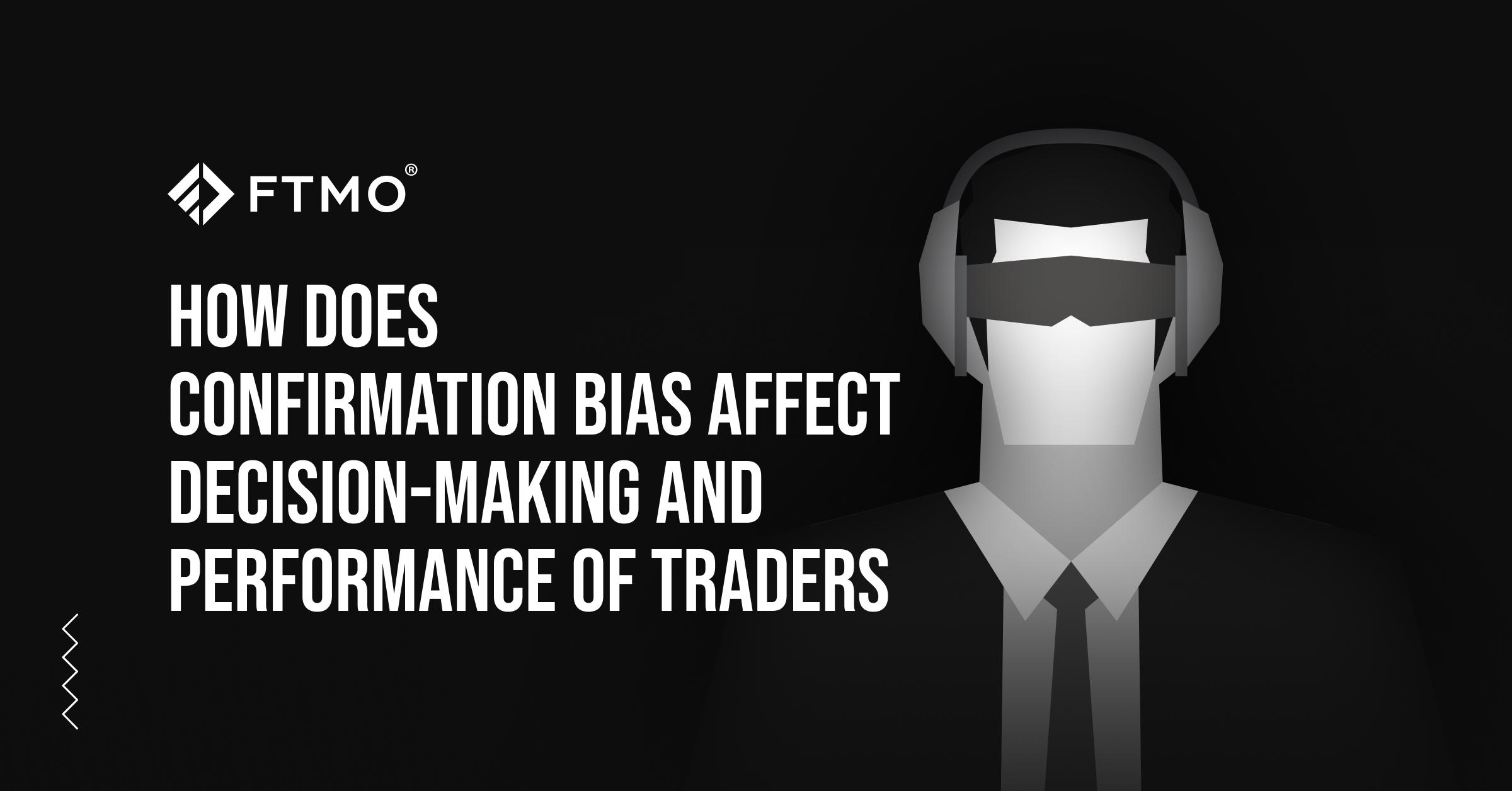
How Does Confirmation Bias Affect Decision-Making and Performance of Traders
As an influential psychological phenomenon, confirmation bias has a considerable effect on traders' decisions and performance in financial markets. It manifests itself when individuals seek information which confirms pre-existing beliefs, while disregarding or downplaying information which contradicts them.
Decision Maker and Performance Destroyer
This cognitive bias has an immense influence on traders, as it shapes how they make decisions. Instead of considering all available information, traders tend to select data that confirms with their preconceived notions, leading them down an unfair path of analysis and decision-making. Such practices can lead to false interpretations of markets and poor decision making processes.
Confirmation bias has the ability to reinforce behaviours. When traders strongly believe in one market direction, they may ignore signals suggesting otherwise and hold onto their position regardless. This could expose them to losses as conviction overshadows market warnings.
Tricked by his own mind, the trader limits his own potential growth and development. By sticking rigidly to their beliefs, traders may miss opportunities for learning and improvement. Continuously testing assumptions and striving to understand markets is necessary if we wish to remain adaptable and competitive in today's markets.
Confirmation Bias in Backtesting
At the same time, it should be remembered that confirmation bias can have an enormously detrimental impact on backtesting processes and thus alter results and reliability of trading strategies. When traders fall victim to this psychological bias, they tend to interpret backtesting data selectively, with more weight given to outcomes which confirm pre-existing beliefs than others.
First, confirmation bias can lead to selective interpretation of positive backtesting results. Traders may overemphasise periods when their strategy has produced profits and thus boost their confidence in its validity, potentially overestimating its true effectiveness as these positive results may simply reflect chance rather than real resilience.
Second, confirmation bias can skew backtesting results towards positive. Traders may rationalise or ignore periods of losses by attributing failures to exceptional circumstances rather than fundamental flaws in the trading method - leading to an underestimation of real risks associated with trading methods.
Confirmation bias can also play a significant role in selecting data used in backtesting. Traders may unwittingly select periods when their strategy has worked well and disregard any data that calls into question the effectiveness of their method; this practice could create inaccurate results of backtesting by giving an incomplete and misleading picture of its past performance.
How To Combat Confirmation Bias in Backtesting
To reduce confirmation bias during backtesting, traders must adopt an objective and critical stance. This means looking at both positive and negative results equally, taking account of different market periods, and not dismissing adverse signals outright. More comprehensive backtesting data may provide a more realistic evaluation of a trading strategy's robustness.
At a core level, it's vitally important for traders to recognize confirmation bias and develop strategies to manage it while trading. Diversifying sources of information, soliciting contrary opinions and remaining open-minded are all good strategies for doing so. Establishing a decision-making process based on objective criteria rather than subjective preferences helps lessen confirmation bias' harmful effects.
Conclusion
Confirmation bias can skew backtesting by altering how traders interpret, select, and evaluate data. Vigilance against this phenomenon while trading is vital to ensuring an objective assessment of a strategy's performance based on backtesting - thus increasing reliability of trading decisions derived from backtesting. Being mindful of this phenomenon while trading along with practices designed to combat it are essential steps toward creating an approach characterised by objective analysis and nuanced understanding of financial markets.
About FTMO
FTMO developed a 2-step Evaluation Process to find trading talents. Upon successful completion you can get an FTMO Account with a balance of up to $200,000. How does it work?.









